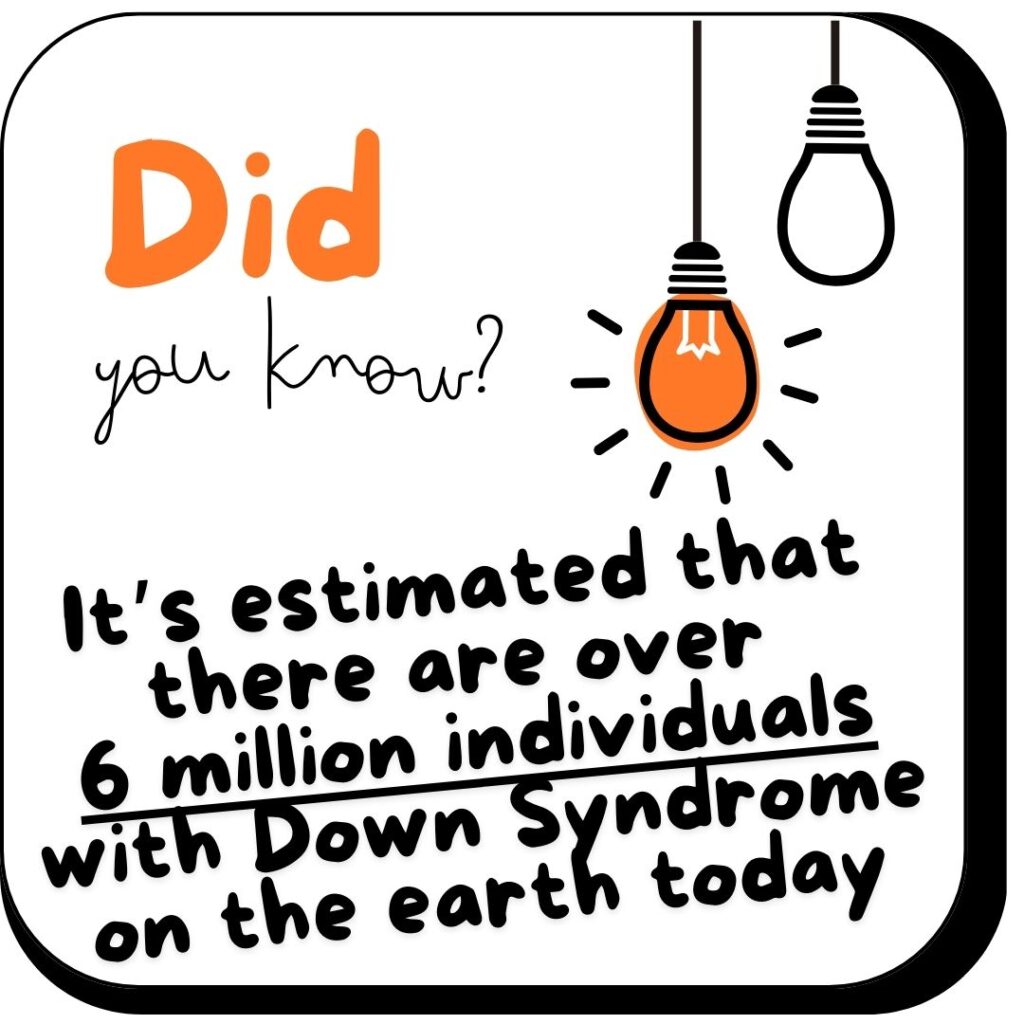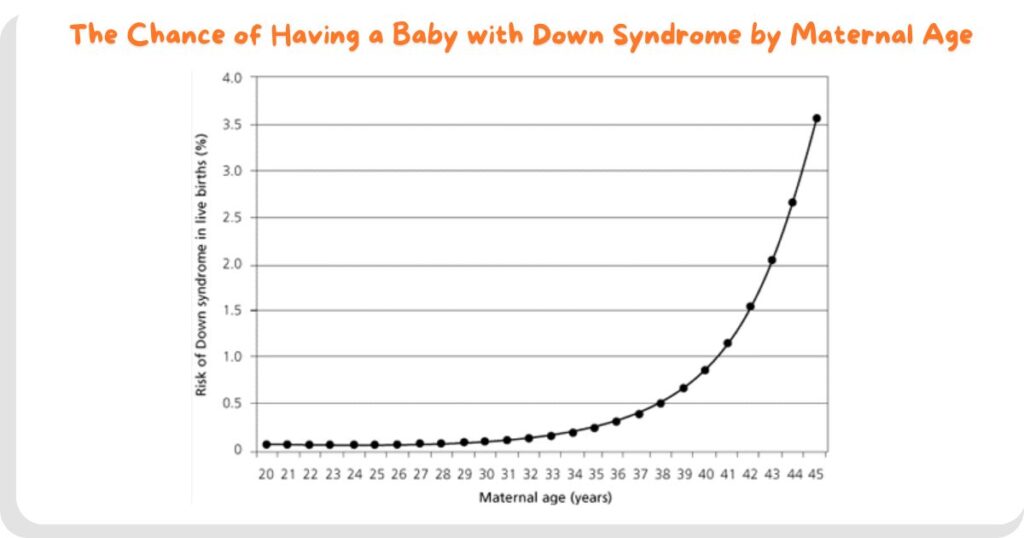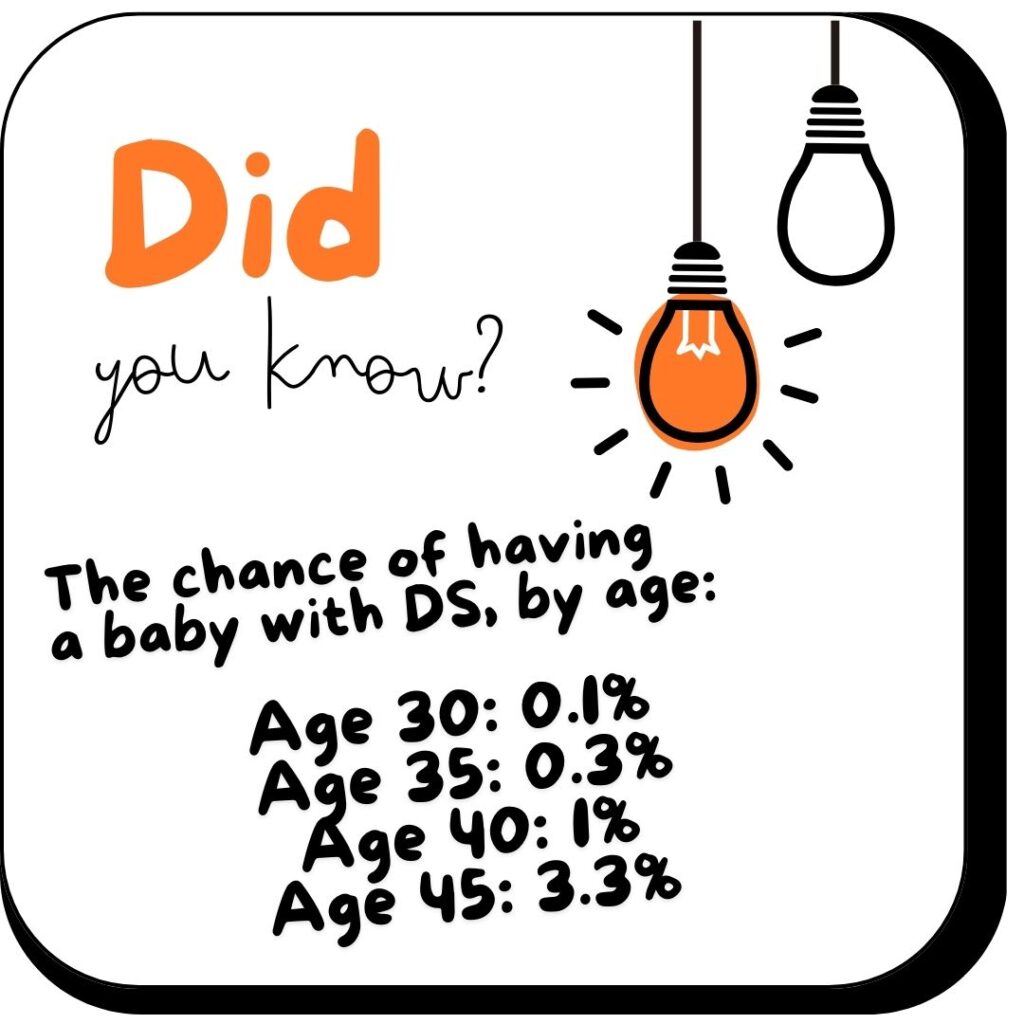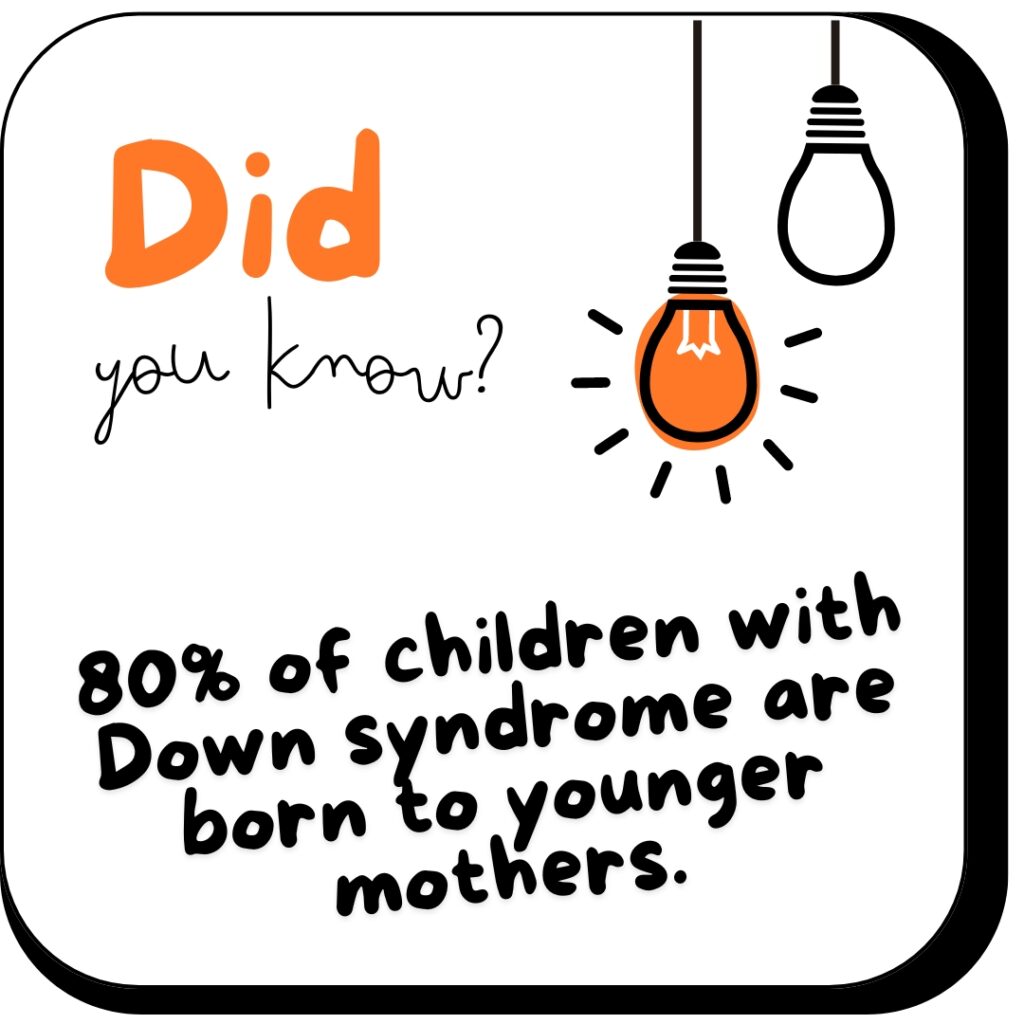Hey there, amazing families! If you’re reading this, you might be wondering, “What exactly is Down syndrome?” Whether you’re a parent of a child with Down syndrome, expecting a baby, or just curious, we’ve got you covered. Let’s dive into this topic with open hearts and minds, ready to learn and embrace the beautiful diversity of our children.
Down Syndrome 101: The Basics
Down syndrome is a genetic condition that occurs when a person has an extra copy of chromosome 21. But what does that really mean for your child and your family? Let’s break it down in simple terms.
The Genetic Scoop
- Typically, humans have 46 chromosomes in each cell
- People with Down syndrome have 47 chromosomes
- This extra genetic material affects development in various ways
How Common is Down Syndrome?
You might be surprised to learn that Down syndrome is more common than you think. Here are some quick facts:
- Occurs in about 1 in every 700 births
- Affects people of all races and economic backgrounds
- More than 400,000 people in the United States have Down syndrome

What Causes Down Syndrome?
The million-dollar question! While we can’t pinpoint an exact cause, we do know a few things:
Risk Factors:
- Maternal age (risk increases after age 35)
- Having a sibling with Down syndrome
- Being a carrier of genetic translocation

Remember, these are just risk factors, not definitive causes.
Recognizing Down Syndrome: Common Characteristics
Every child with Down syndrome is unique, but there are some common physical and developmental traits:
Physical Features:
- Flattened facial profile
- Almond-shaped eyes with beautiful, tiny white spots on the colored part (iris) of the eye – called Brushfield’s spots
- Smaller ears, hands and feet
- Weak muscle tone
- One crease in the palm of their hand (palmar crease)
- The sunniest, most joyful smile you’ll ever see!

Developmental Aspects:
- Strong social skills, even if your child can’t talk, they’ll find a way to connect!
- Mild to moderate intellectual disability, it’s a spectrum.
- Delayed language and speech development
- Challenges with attention span
- Strong visual learners (think pictures, objects, & demonstrations to learn)
- Slower physical growth

Health Considerations for Children with Down Syndrome
While many kids with Down syndrome lead healthy lives, they may be more prone to certain health issues:
– Heart defects
– Gastrointestinal problems
– Hearing and vision issues
– Thyroid disorders
Regular check-ups with your pediatrician are key to staying on top of these potential concerns.

Abilities and Strengths
Let’s focus on the positives! Children with Down syndrome often have many strengths:
– Strong visual learning skills
– Great social skills and empathy
– Determination and perseverance
– Creativity and musical aptitude
Supporting Your Child with Down Syndrome
Every child is a world of possibilities. Here are some ways to support your little one:
1. Early intervention programs
2. Inclusive education
3. Speech and physical therapy
4. Encourage independence
5. Celebrate their unique abilities
Remember: You’re Not Alone
Connecting with other families and support groups can be incredibly helpful. Share experiences, swap tips, and build a community of understanding and support.
Conclusion: Embracing the Journey
Understanding “What is Down syndrome?” is just the beginning of an incredible journey. Your child with Down syndrome will bring unique joys, challenges, and love to your family. Embrace this adventure with an open heart, and remember that your child is, first and foremost, a child – full of potential, love, and their own special magic.

